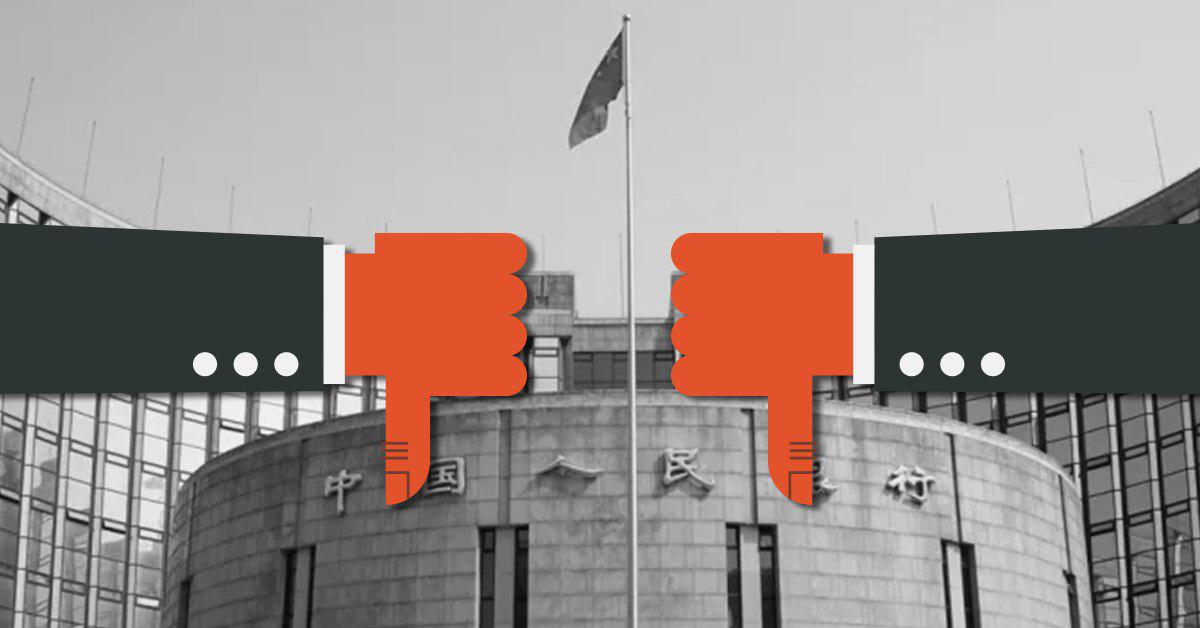Recent news poured in from the Asian Giant, People’s Bank of China. The country’s national central banks have apparently blacklisted and flagged some accounts related to cryptocurrency traders in its latest vigorous action of the clampdown. The news was delivered to the public through local news broadcast WuBlockchain.
PBoC has been wary of the numerous money laundering schemes that are ongoing in the country. The bank is looking at cracking down any forms of illegally earned money and this move to flag accounts is a part of the overall scheme. For this purpose, the Central bank has partnered with several local banks to share account information and different transactional details. This would essentially prevent the multiplication of unlawful and non-statutory funds for cryptocurrencies.
The most affected in this process has been the over-the-counter (OTC) crypto dealers and firms that are responsible for conducting trades in crypto exchanges in millions of volumes. Reports suggest that some crypto OTC accounts have been put on a blacklist that is administered by PBoC. Since they are now blacklisted, they will be refrained from using bank-issued cards for at least the next three years. They would also not be allowed to conduct any form of online transactions in the next five years as per the report. These rules will apply to all the blacklisted accounts and are not limited to just cryptocurrency accounts.
The system across the country is extremely full-proof and transparent. When the bank’s risk system detects any anomaly and as a result flags or restricts transactions from a certain account, the local bank will on an immediate basis report the account to a regional branch of the central bank. The regional branch in turn will ensure that the information about the blacklisted accounts is shared across all other Chinese banks. This is a rapid process that can prevent OTC dealers from opening new accounts in other banks or regions.
Many OTC dealers had to shut shop due to this move and the fear about what the results of such an outcome would be. But, several observers from the financial world have said that the rules just don’t apply only to cryptocurrency sales. In the report, crypto exchange and OTC desk are of the opinion,
“Normal cryptocurrency transactions are not illegal, and only those involving black money and illicit assets will be frozen.”
The most common concern as of now is the lack of a single rule book across the banks would mean that irrespective of its legitimacy an OTC business would be in the blacklist of every single bank. The lack of steady and concrete laws on cryptocurrencies has been one of the major reasons why it still is in the grey area, an area of little confidence and little doubt. This makes it highly suspicious and easily targetable by banks and regulators.
The most contrasting behavior is that on one hand the country is pushing digital yuan and has already started its pilot phase but for them, public cryptos like bitcoin do not come under their reliability net.

